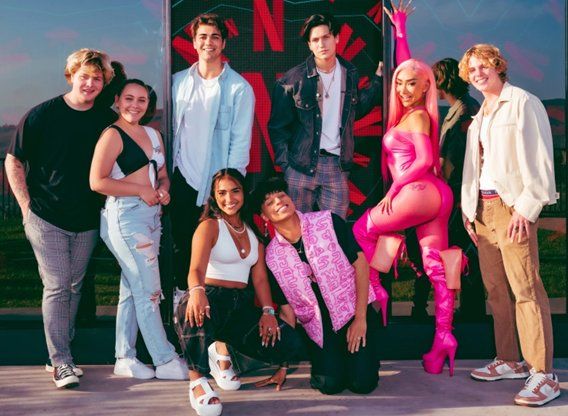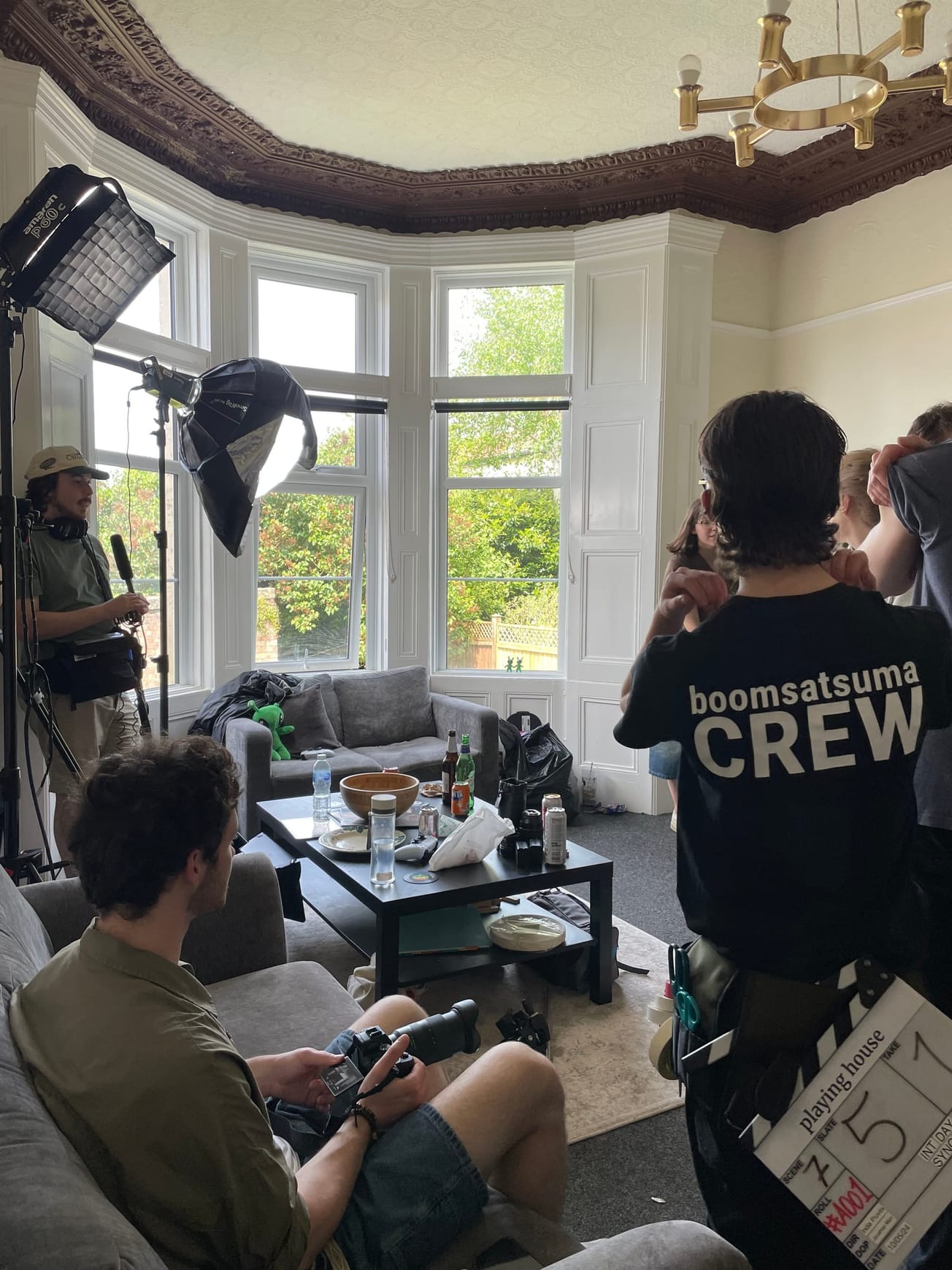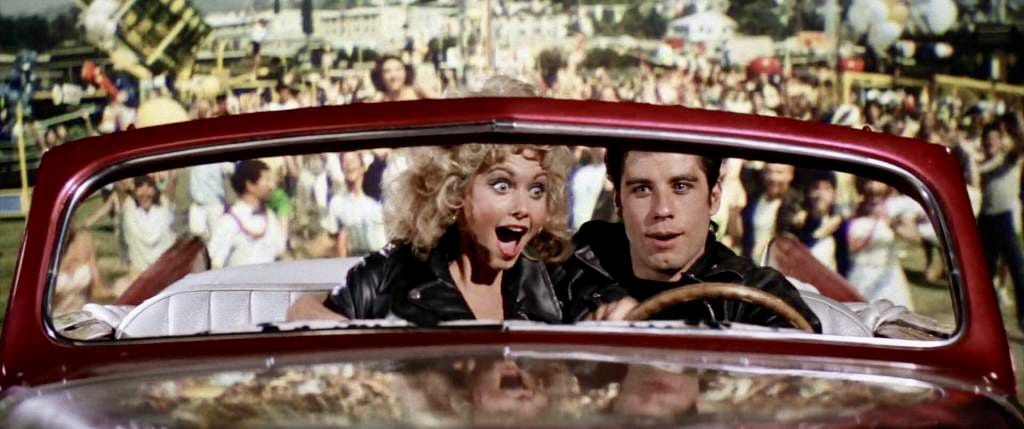By Oscar Bolot, First Year, Politics & International Relations
Propelling self-detesting viewers such as myself into the spiritual vacuum that is Moorpark, California, Netflix’s Hype House attempts to convey the day-to-day of social media stardom, hoping viewers see the everyday affability of the world’s most diligent hip-thrusting dance bots.
Though the show appears to obsess over petty squabbles and fairly vacuous pool parties, it nonetheless offers a surprisingly hefty platter of food for thought and inadvertently demonstrates the lunacy of social media.

Money serves as an incidental motif within the show, whilst also proffered as the guiding ethic for this group of ‘success-hungry’ teens. Thomas Petrou, a self-described entrepreneurial talent, tearfully grapples with his peers to help soothe corporate sponsorship as indifference appears to take hold, no longer entranced by the novelty of house-sharing. Alex Warren appears to have similar concerns, with Netflix broadcasting his unhealthy dependence on view-based financial inflow: ‘I need something crazy ‘cos that was the most underwhelming shit I’ve ever done,’ Alex informs his assistant after failing to make a human gyroscope content-worthy.
Indeed, if the show can claim one success, it is it’s ability to successfully display the fascinating emotional case of Alex, a David Dobrik lite who finds himself emotionally desensitised at the behest of content promotion, (filming, for example, a ‘fake wedding’ with his love-struck girlfriend, Kouvr). Clearly affected by a variety of personal issues, Alex himself acknowledges the perverse personal consequences of social media and his subsequent need to trivialise all he and his friends do through excessive pranking.

The show also documents the aspirational music career of Chase Hudson, who describes his isolated upbringing in Stockton, California. Though you could be forgiven for considering him narcissistic and excessively self-pitying, there clearly exists an element of honesty in Chase’s anguish throughout the series. Indeed, loneliness certainly offers a significant narrative characteristic, as Netflix tries to encourage a sense of solidarity through stories of parental abandonment, death, neglect and a broader tightrope of ‘cancel culture’ upon which the stars must carefully tread. By filming these traumatic avenues (at one point taking Alex Warren to his father’s graveyard), Hype House identifies the correlation between the emotional scars with which these children appear to be marked and a pathological fear of abandonment from their one reliable source of company - us.
Explaining the ramifications of cancel culture, Nikita Dragun comments ‘It seems truly like your whole life is over,’ inadvertently exhibiting this feature of Tik Toker psychology. The show demonstrates why the very notion of being alone is anathema to Nikita and influencers in general; their ‘whole life,’ as it were, appears reliant on views and the fleeting validation stemming therefrom.

An individual would be wise, therefore, to ask whether these teenagers take advantage of their viewers, or whether we manipulate them by offering our digital companionship. Panning over leased Lamborghini’s and financially ill-advised mansions, all of which are clearly deployed to retain our attention, Netflix offers a stark juxtaposition to the aesthetic luxury of LA living, revealing to attentive viewers the arbitrary mirage with which social media stars offset deeper emotional complications.
Melancholy, rather than entertaining, is the appropriate adjectival description of Hype House. When human connections are constantly vetted by the outside world, this series proves they become disingenuous. In the first episode, a sumo wrestler is employed, and Alex and Kouvr visit a strawberry farm; both of which would likely be enjoyable experiences were they not so obviously infused with constant image manipulation by the producers and its participants. Alex forces a joke, a shot of Thomas looking engaged is looped. Emotional substance is forced, rather than facilitated.
The show associates social media with a broader social malaise, one which financially and emotionally subjugates humans to abuse and emotional terrorism at the behest of unsustainable content production. Those watching Hype House can be forgiven, therefore, for considering it an expose of our socio-economic model and its ethical perversions.
Featured Image: IMDB
Do you think Hype House was worth the hype?









